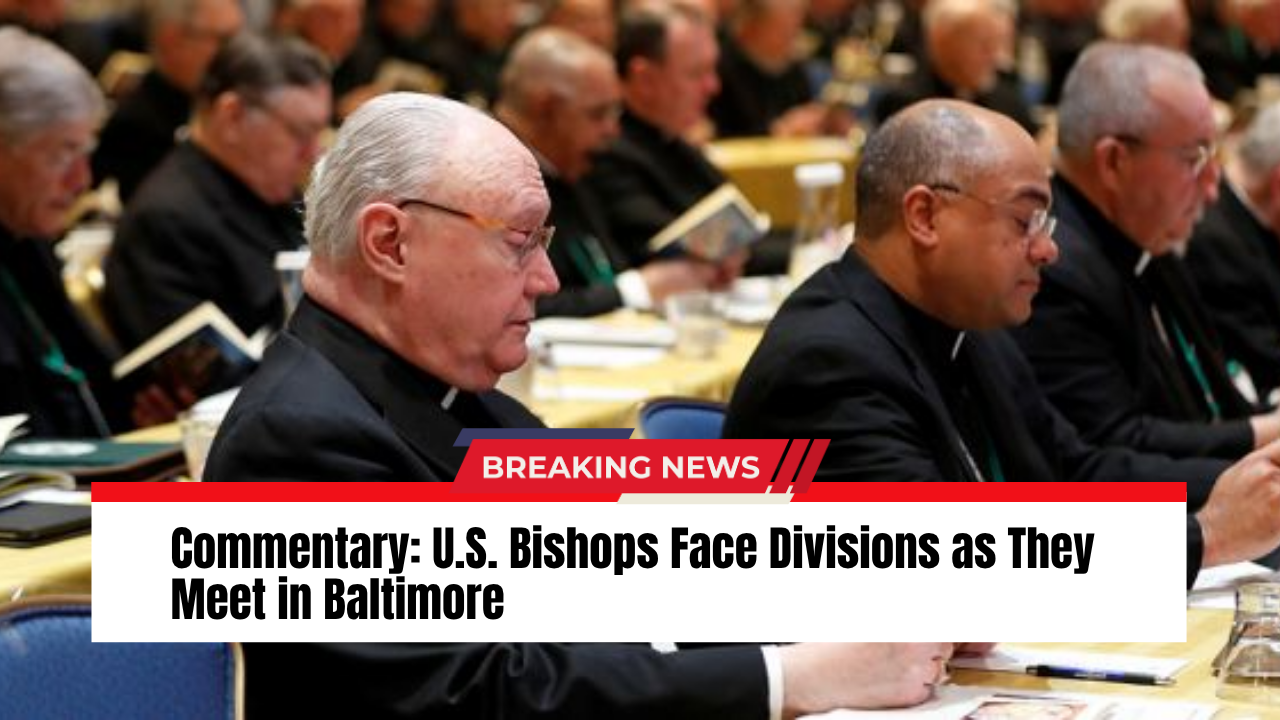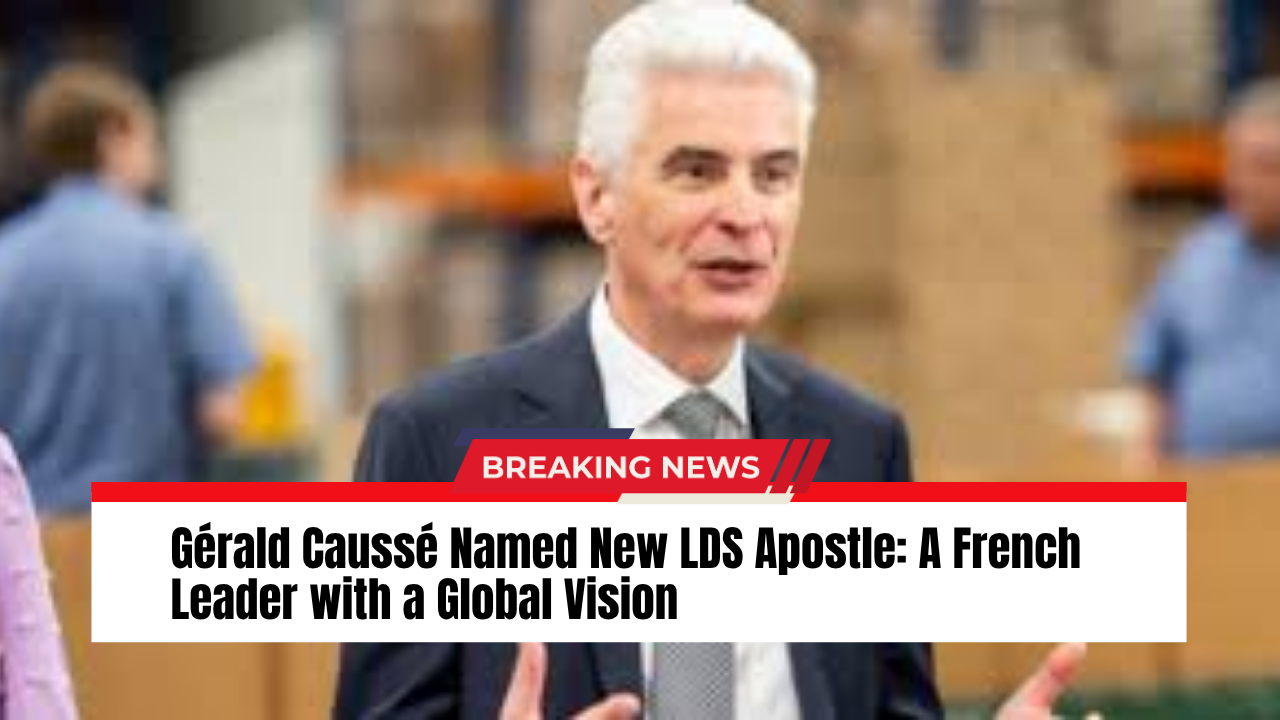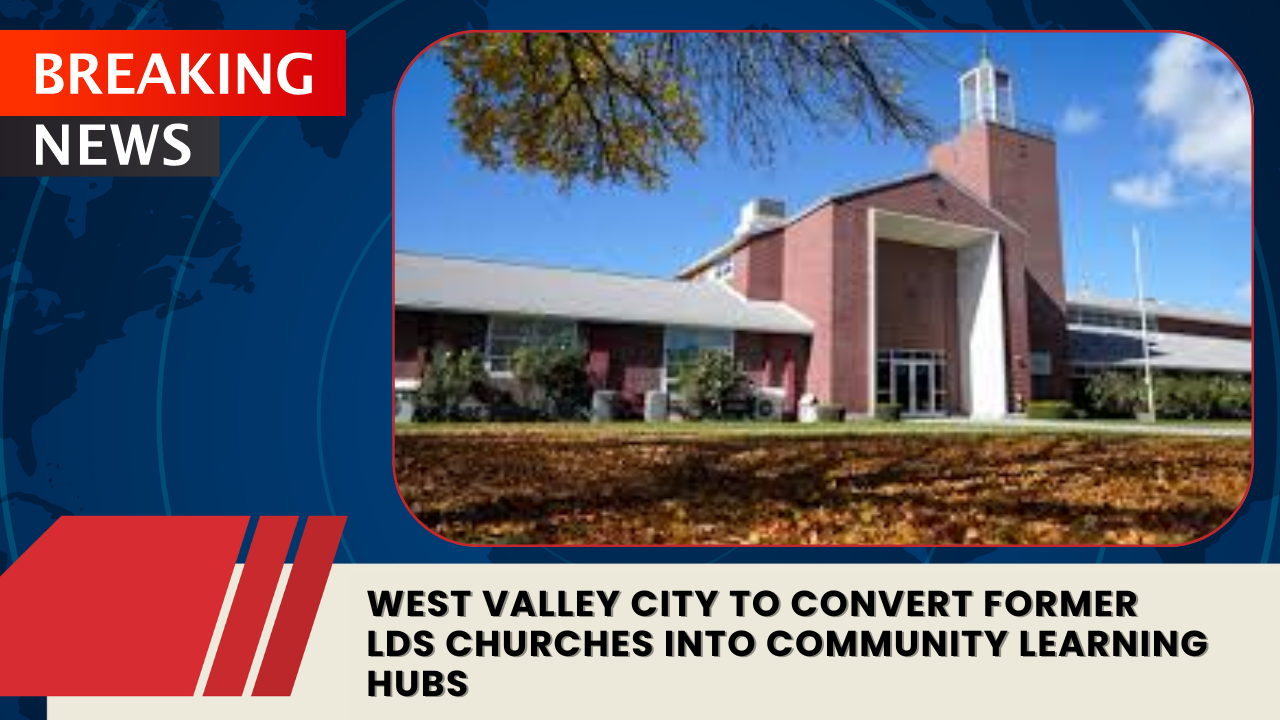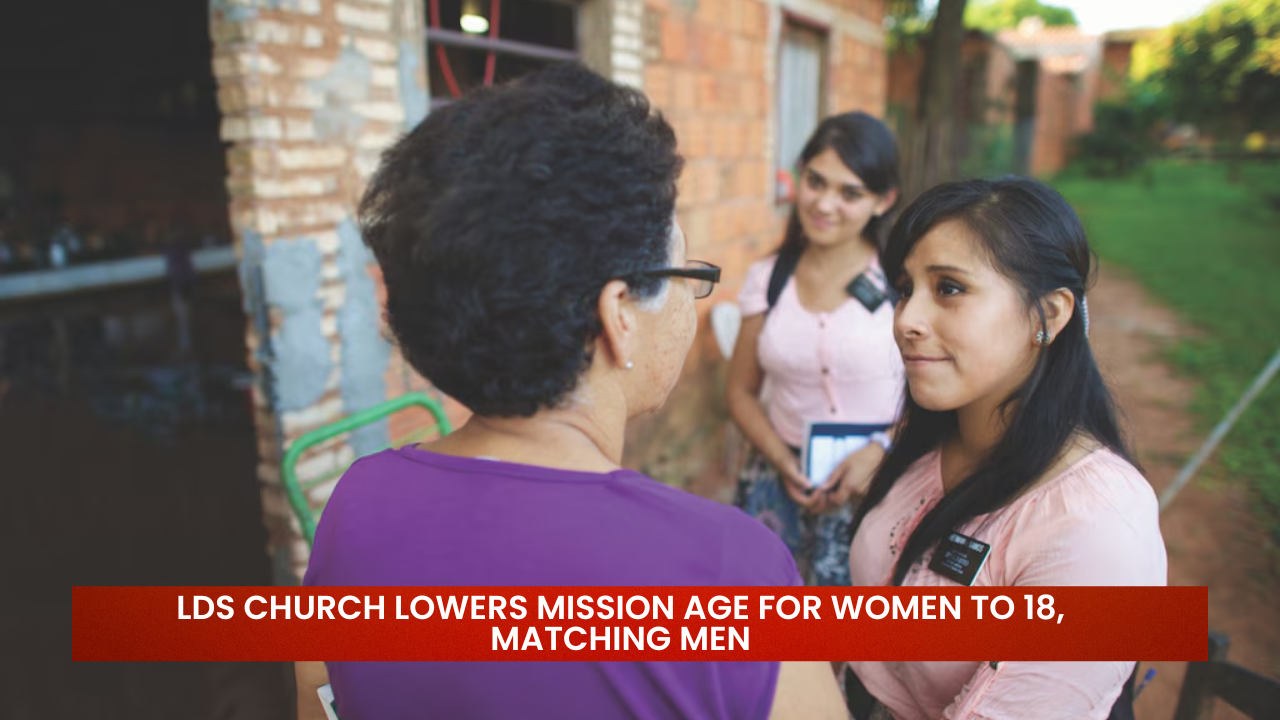When America’s bishops meet in Baltimore from November 10–13, they’ll confront a church — and a country — deeply divided. On one side, younger priests and conservative leaders are wary of Pope Francis’ legacy, favoring a return to the certainty of past papacies. On the other, many bishops embrace Francis’ vision of mercy, social justice, and openness, insisting the church must evolve or risk irrelevance.
Meanwhile, American society mirrors this divide: polarization, distrust, and the rise of political extremism have fractured dialogue and fueled hostility. The church’s ability to unify — or at least to listen — could determine whether its voice still matters in public life.
A Church Split on Vision and Leadership
The internal rift among bishops is stark. Many who were appointed under Popes John Paul II and Benedict XVI remain nostalgic for hierarchical order and doctrinal clarity. They viewed Francis’ reforms as unsettling, accusing him of confusing the faithful by empowering theologians, encouraging synodality, and reaching out to marginalized groups.
For others, Francis’ leadership rekindled the church’s pastoral soul. These bishops want a community that welcomes divorced and remarried Catholics, LGBTQ+ members, and those long alienated from the pews. Their message is simple: doctrine without compassion fails to transform.
“They’re not liberals,” writes Reese. “They’re moderates in a church that too often mistakes empathy for weakness.”
Behind Closed Doors — Again
Despite calls for transparency, this year’s Baltimore meeting will largely take place behind closed doors. The bishops’ media office confirmed private sessions will include discussions on “synodality,” implementing Laudato si’, and expanding lay participation — ironically, all themes central to Francis’ push for openness.
Holding nearly half the meeting in secret sends the wrong message, Reese argues. “The bishops should be modeling synodality — showing how dialogue works, not hiding from it.”
The Public Agenda: Few Sparks, One Exception
Most of the public agenda, Reese says, risks being “dull and disconnected from real life.” One standout issue, however, will be immigration — a topic that unites most bishops even as it divides their strategies.
For generations, Catholic leaders have defended migrants and refugees, often partnering with federal agencies to provide aid. Funding cuts under the Trump administration have strained those efforts, leaving bishops to debate how confrontational they should be in advocating for immigrants’ rights.
Some want a stronger public stance, condemning harsh tactics by U.S. Immigration and Customs Enforcement (ICE) and the militarization of border responses. Others warn that direct confrontation could damage dialogue and risk further loss of federal support.
As the U.S. Conference of Catholic Bishops (USCCB) president, Archbishop Timothy P. Broglio — who also oversees the Archdiocese for the Military Services — faces particular scrutiny. Critics say he’s sidestepped moral questions about the domestic use of military forces, while focusing his statements narrowly on bipartisan cooperation.
Leadership Transition Ahead
This Baltimore meeting will also mark Broglio’s final session as USCCB president. Ten bishops are vying to succeed him. The two leading contenders — Bishop Daniel E. Flores of Brownsville, Texas, and Archbishop Paul S. Coakley of Oklahoma City — represent contrasting paths.
- Flores, a Hispanic bishop whose diocese sits along the U.S.-Mexico border, is known for his strong support of Pope Francis and his advocacy for migrants.
- Coakley, the USCCB’s current secretary, is respected for his administrative experience but has ties to Francis’ critics, including Archbishop Carlo Maria Viganò.
Also in the mix is Bishop Robert E. Barron of Winona-Rochester, Minnesota — the charismatic founder of Word on Fire. His media savvy could amplify the church’s voice, but his independence might challenge internal unity.
Reese notes that no cardinals appear on the ballot, reflecting either disinterest or fatigue with leadership politics.
Faithful Citizenship and Public Witness
One glaring omission from the agenda is “Faithful Citizenship,” the bishops’ statement on political responsibility — last updated before the 2020 election. If the church hopes to guide Catholics through 2028, Reese argues, that document needs urgent revision.
The absence of such discussion underscores a deeper problem: the bishops’ fading moral authority in national life. “The church and the nation are both falling apart,” Reese warns. “If the bishops could speak with one voice, united with the pope, they would project a moral vision worth hearing.”
A Call for Unity and Courage
The upcoming Baltimore meeting may determine whether America’s bishops continue down a path of division or rediscover their shared mission. Reese’s message is clear: their silence on real issues — from immigration to poverty, from political violence to church reform — would be a tragedy.
“Their voice is needed at this critical moment,” he writes. “They must listen to one another, listen to the Spirit, and speak with a prophetic voice.”



